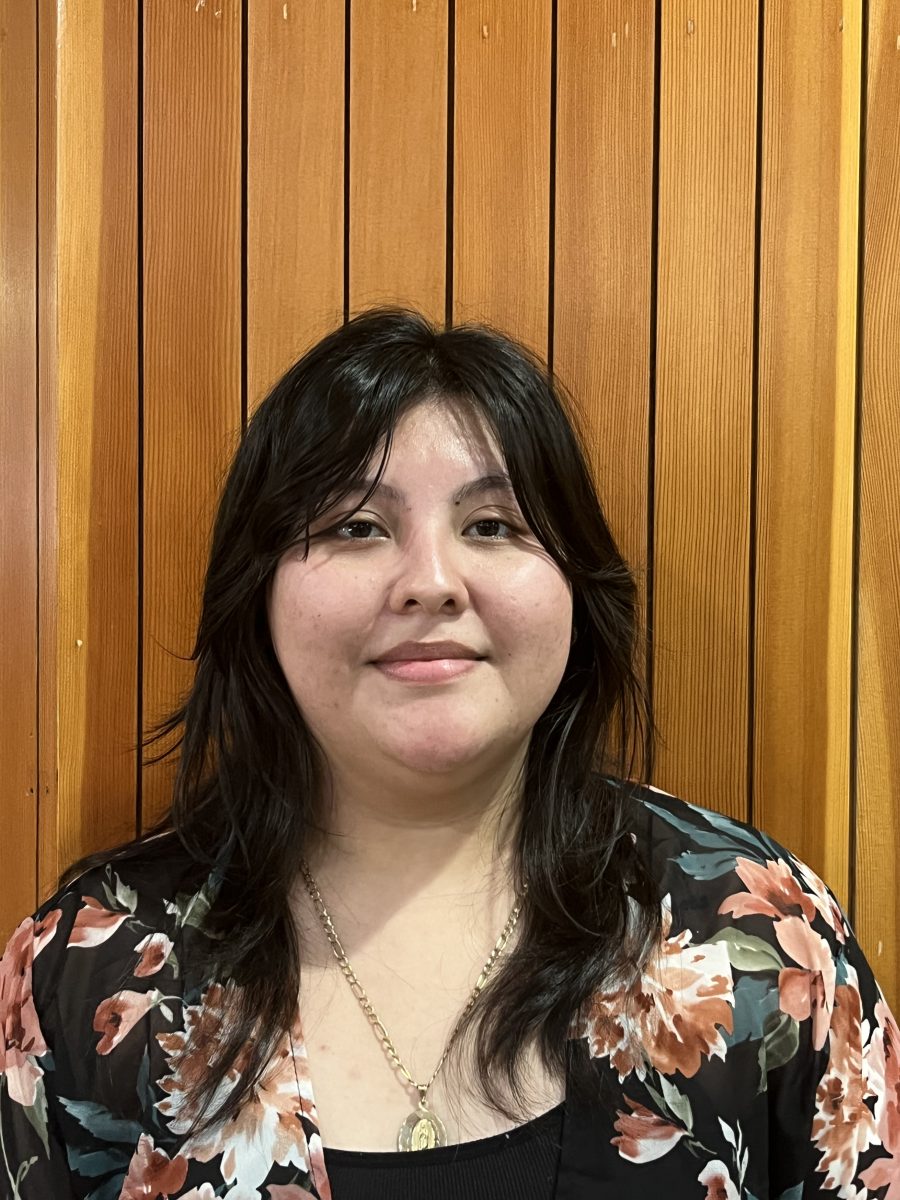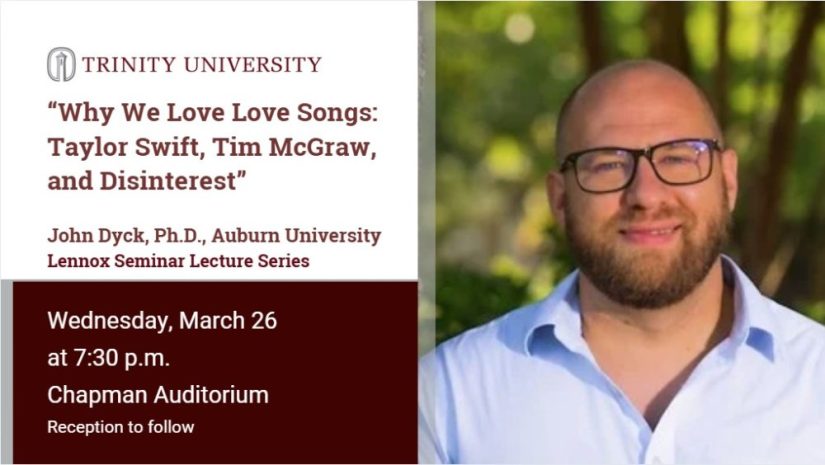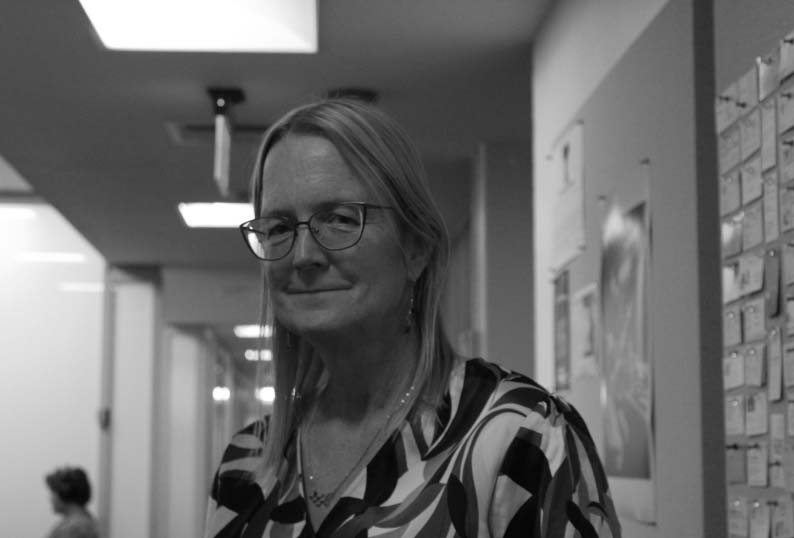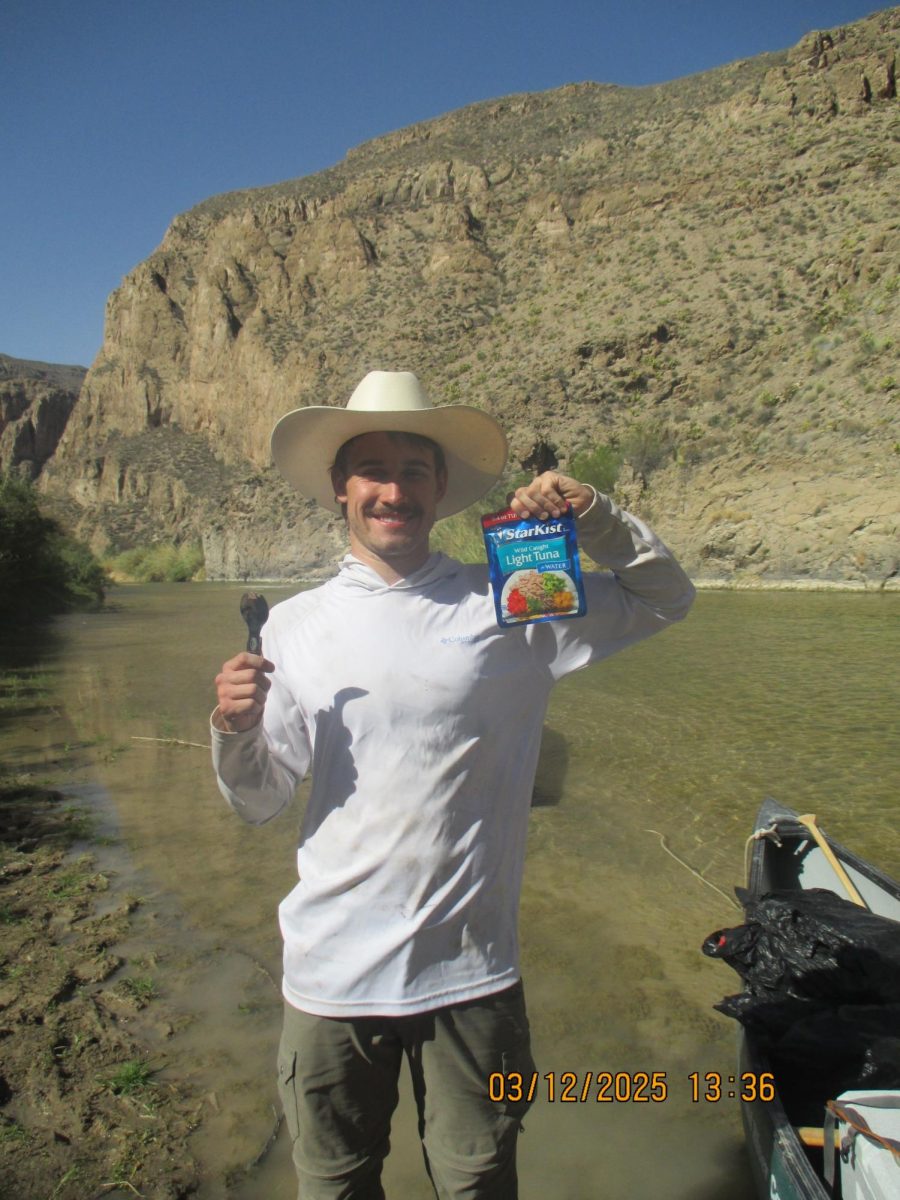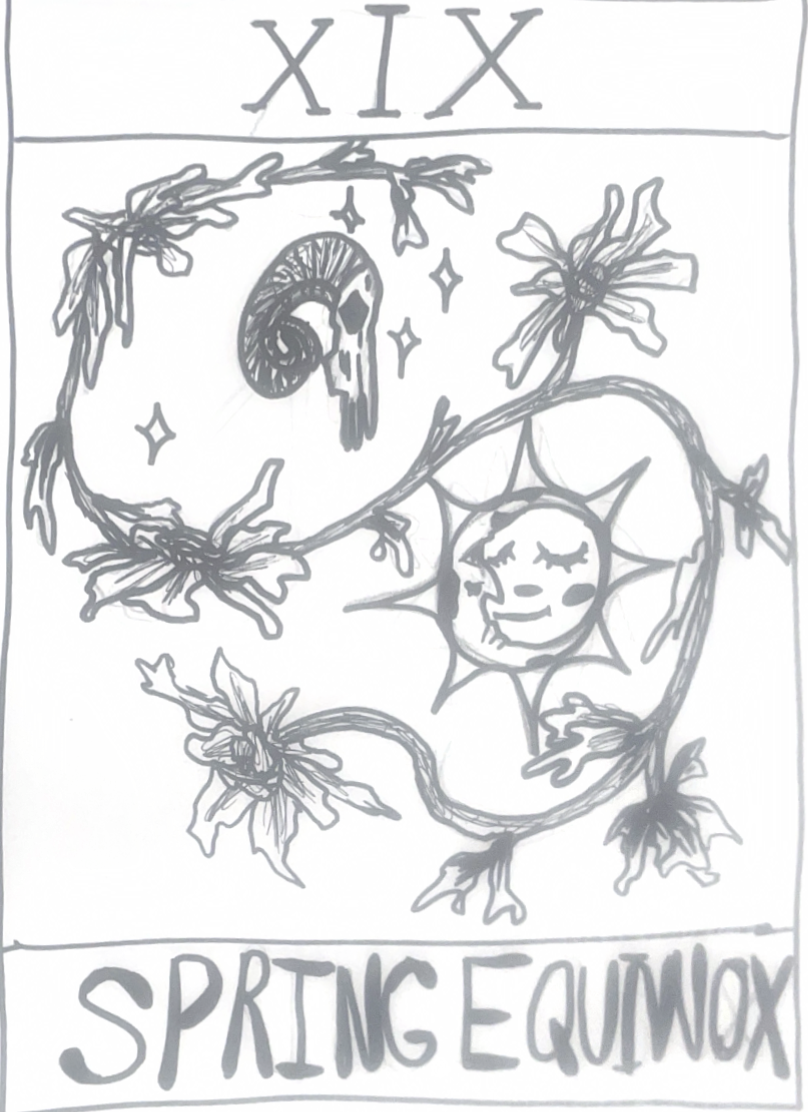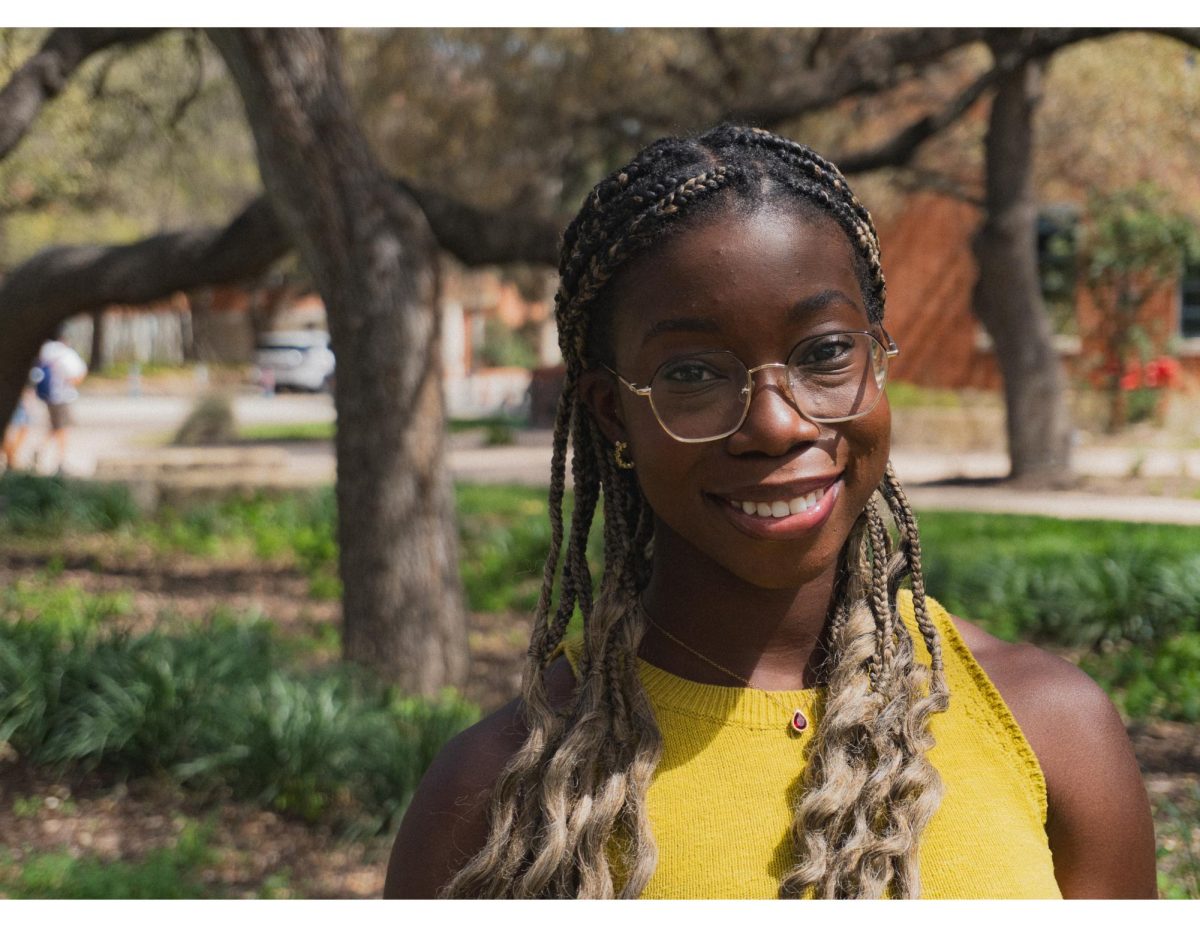The college application process can be daunting and confusing, but for Araceli Amador, senior biology major, the process was made even more difficult. As the first from their family to go to college, Amador described writing personal statements, filling out the FAFSA and completing applications without having much expertise to rely on.
“It was hard because I can’t really go and tell my parents something like, ‘Oh, I don’t know what to do here,’ and they will have the solution with applying or stuff like that,” Amador said. “Relating with anybody in my family hasn’t been really easy. … With friends it’s a little easier to relate being first-gen and everything, coming from a Mexican culture. … It’s also another thing that adds into it, because they’re more like, ‘You’ve gotta do this,’ ‘What do you mean you failed? That’s not possible. That’s bad,’ so I don’t know, that stress, and then being first-gen and then being the older sister as well — it’s a lot of pressure.”
Amador emphasized their reliance on the support of other first-generation friends at Trinity, but still said it feels like they are navigating uncharted waters, especially with applying to graduate programs and helping other members of their family apply to colleges.
“Since I struggled a lot, I don’t want siblings or cousins or friends to struggle, so I try to be the example for my siblings and then also [help] them in school,” Amador said. “And then I have some cousins who are a year or two younger than me … but because I was the first one from all of our extended family to go, I basically tried to help them as much as I can. It’s nice because I wish I had gotten that type of help when I was applying. … Even now as I’m graduating from Trinity and applying to a Masters program, I still wish I had that help, but I’m okay as long as I can help them … be that help that I didn’t have.”
As many difficulties as Amador described facing in the college admission process, they noted a perhaps even bigger challenge when they actually arrived at Trinity’s campus.
“It [the pandemic] was bad. I won’t lie — I call them the dark ages. They really were one of the saddest times because I was alone here in Trinity when I got here. In high school, I mean I didn’t even get to graduate with my friends, I didn’t even go to prom actually. … No first job, no graduation, no none of that and everything was online. … Going from being surrounded by family and friends and then coming to Trinity … was scary, because I also shared a room with my siblings, so then coming here to my own room, it was like, ‘Yeah, I have a big room, I have so much space, but I’m alone’ and then having no friends, you really couldn’t interact with a lot of people. … It was very lonely.”
Another challenge for Amador, and something that really challenged their motivation to stay in college, was going from A’s in high school to failing a class at Trinity.
“It was scary because I think I really care about obviously what my family thinks,” Amador said. “I think for me, one of the biggest reasons [for not dropping out] was disappointing people, so if I had dropped out … my family would’ve probably been disappointed. I would have been disappointed in myself too. That big thing about disappointment, maybe that’s why I didn’t drop out. … But I still stayed, and I’ll pull through; it’s okay, it’s just one class, ain’t no way that one class is going to make me leave.”
Amador’s family has always been a strong motivator for them. They look up to their parents most of all and described them as their primary role models.
“They’re great examples, in my opinion, to follow,” Amador said. “They came from Mexico, so that in itself is a big feat, and then learning a new whole language — it’s not easy. And then, they were my age. … I can’t imagine myself with kids right now, I don’t even know how they did it. So doing that and then going through many things like racism, assimilating and all of that, it was a lot. And they still continue to work and fight for their family and for themselves, so I feel like they are big, big role models.”
Another role model Amador mentioned was a mentor who helped guide them through the Trinity application process and later introduced them to clinical laboratory sciences (CLS). After Trinity, Amador plans on pursuing a graduate program focusing on CLS and has already been accepted into a program at UT Health San Antonio.
“Getting into that graduate program, I didn’t think I was going to be able to because I have struggled in some of my classes. … I was like, ‘Oh wow, I can still do it, I’m still a good student.’ … Another one [achievement] was when I got accepted into Trinity and I committed to it. I think because of all of my hard work, I was able to get enough scholarships for it, so basically what I’m proud of is my parents didn’t have to pay too much out of pocket, ‘cause I see how much they work, and if I hadn’t been able to get that much money to pay for school, I’m pretty sure they wouldn’t be as healthy or as energetic as they are now.”
Throughout all of the ups and downs, Amador found strength from not only their family and friends, but also from a more unlikely source: song lyrics.
“There was this one song … called ‘Paradise’ by BTS,” Amador said. “The lyrics to the song were very basically like, ‘It’s okay to not have a dream, and that you should run at your own pace. … Even a small dream like waking up is still something to be proud of. … And then another song … called ‘Everything Goes:’ I actually have it tattooed, but it was a big message, basically that everything will pass. Everything does go, whether good or bad. … I feel like I use that now as my whole motto: everything will go, everything will pass and I’ll be okay.”
*Additional story credit to CAROLINE SWEET
Categories:
Jackpot! Araceli Amador carries on
Araceli Amador highlights her time here at Trinity
Tags:
More to Discover
About the Contributors
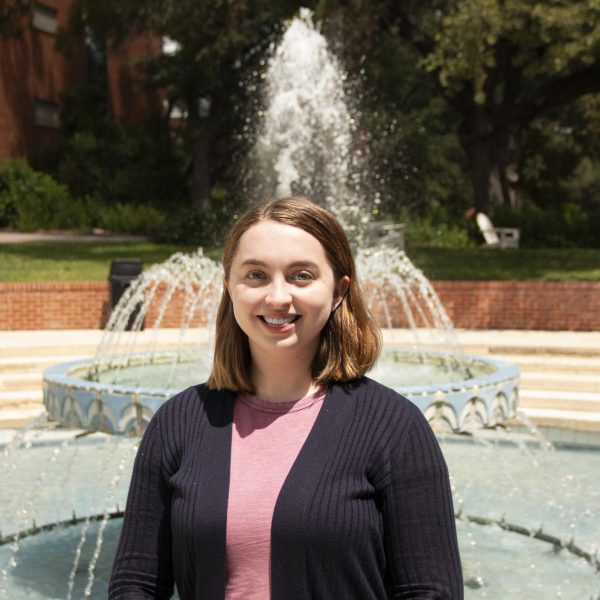
Catherine Zarr, Editor-in-Chief
Hello! My name is Catherine Zarr (she/her). I am a junior political science, Spanish and sociology triple-major and the Editor-in-Chief of the Trinitonian. Outside of the Trinitonian, I am also the president of PRIDE and an avid crochet enthusiast.
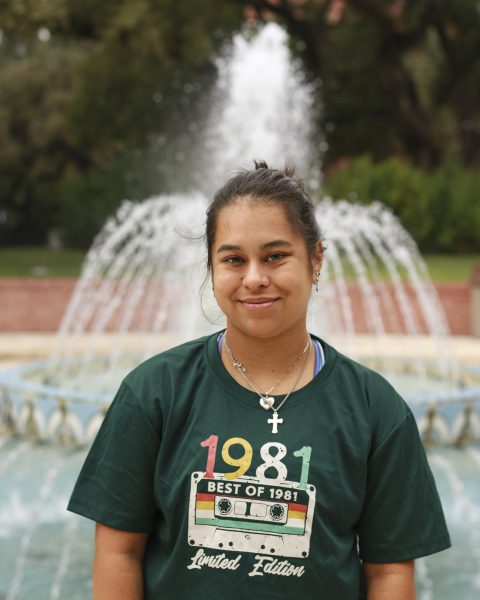
Grace Alcocer, Photographer
My name is Grace Alcocer (she/her), and I am a sophomore Biochemistry and Molecular Biology major, and a fun fact about me is that I hate mayonnaise.

